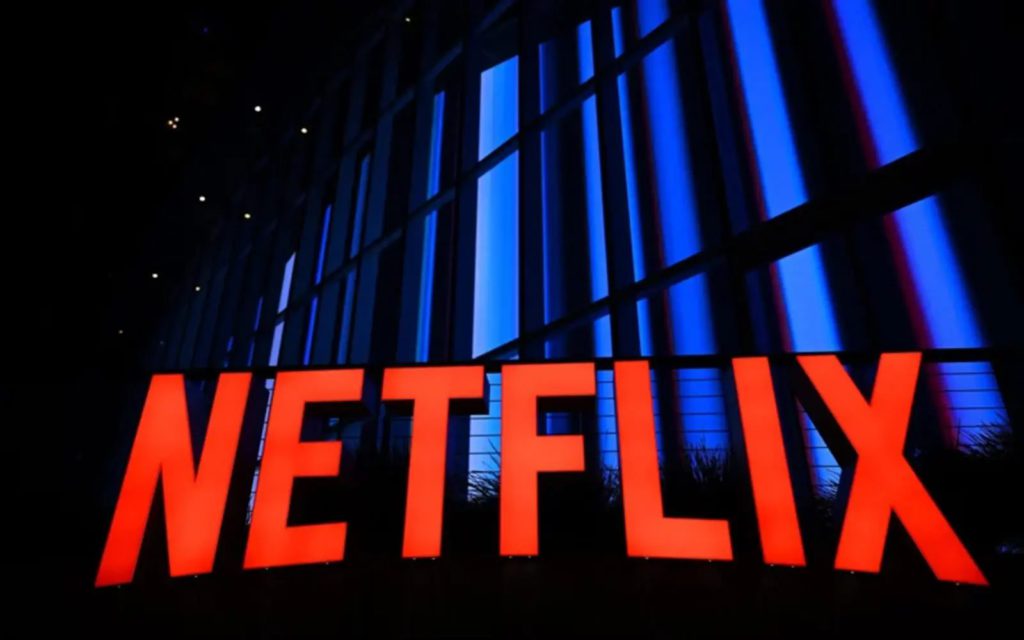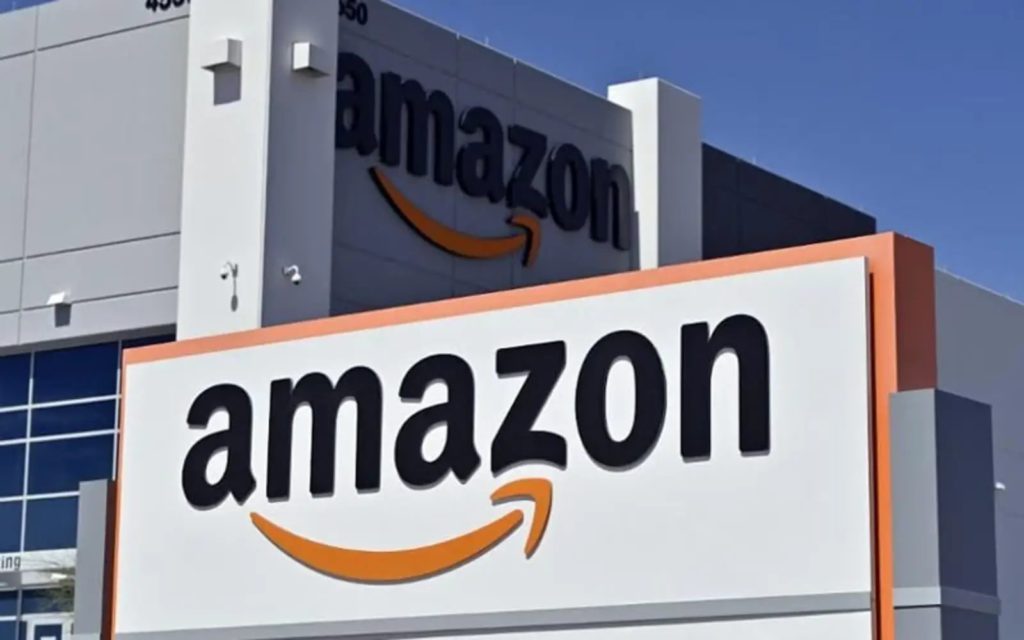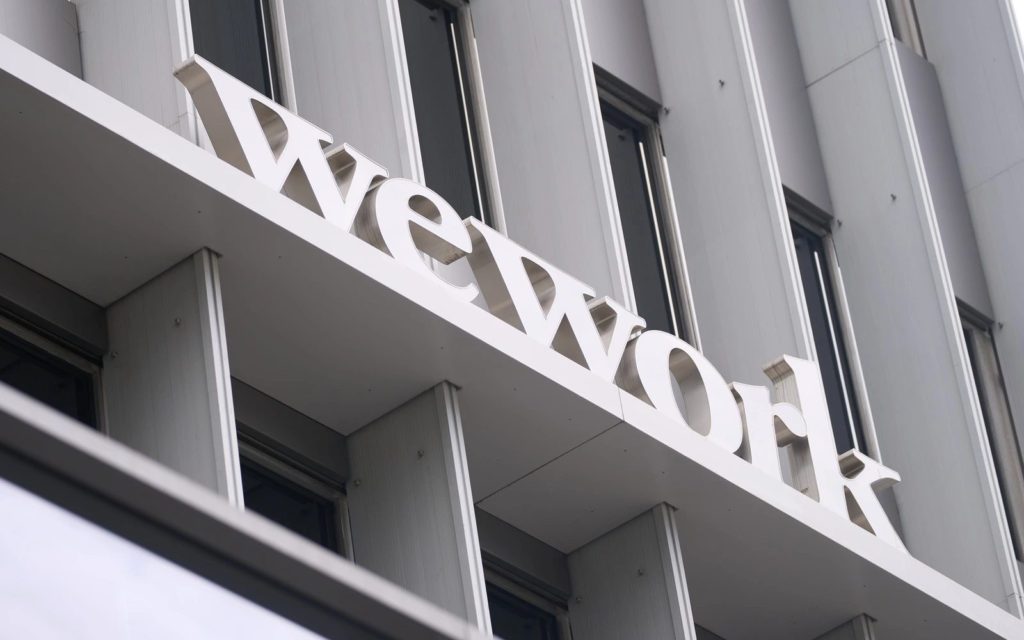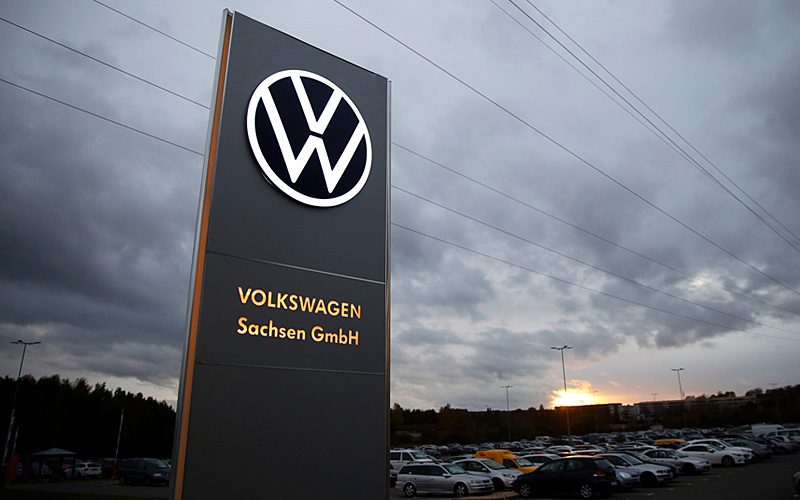Tech companies make costly mistakes that damage trust. Nokia faked camera footage while Ubisoft pushed unwanted NFTs onto gamers. John Deere prevents farmers from fixing their own equipment. These shortcuts might boost short-term profits but destroy customer loyalty.
13. Nokia’s Misleading Lumia 920 Advertisement

Ever wonder how companies sometimes shoot themselves in the foot? Nokia’s Lumia 920 ad showcased innovative optical image stabilization—except the footage came from professional cameras, not the phone. This deception torpedoed consumer trust despite the feature being genuinely innovative. Marketing experts still cite this case when discussing how transparency failures undermine legitimate technologies.
12. Netflix’s Qwikster Debacle

Netflix boldly split its streaming and DVD services (renaming the latter “Qwikster”), doubling prices for combined users. Customers revolted, 800,000 subscribers vanished in one quarter, and their stock plummeted. The company eventually reversed course, but not before delivering a masterclass in business model self-sabotage.
12. Ubisoft Quartz NFT Implementation

Looking to cash in on digital trends, Ubisoft’s Quartz offered revolutionary… serial numbers on common in-game items. Their announcement trailer received such overwhelming negativity they eventually delisted it. Gamers largely ignored these uninspired digital assets, proving some trends shouldn’t be followed.
11. EA’s Microtransaction Controversy in Star Wars Battlefront 2

With breathtaking tone-deafness, EA added predatory loot boxes with gameplay advantages to Star Wars Battlefront 2. When confronted, they claimed it provided a “sense of pride and accomplishment.” Their response became Reddit’s most downvoted comment ever and triggered legal challenges about whether loot boxes constitute gambling, forcing EA to remove the system entirely.
10. John Deere’s Right to Repair Restrictions

Through proprietary software, John Deere made independent tractor repairs virtually impossible. Farmers must use authorized technicians, creating a repair monopoly that sparked multiple class-action lawsuits. When you sell someone a $500,000 tractor, they typically expect to actually own it.
9. Boeing 737 Max Door Plug Incident

Catastrophe struck in January 2024 when a door plug detached from a Boeing 737 Max mid-flight. Investigators discovered loose parts and improper installations, with Boeing admitting to “lapses in quality control.” The FAA launched investigations while passengers added spontaneous door removal to their flying anxiety list.
8. Bitconnect Crypto Ponzi Scheme

Who doesn’t love guaranteed returns? Bitconnect promised daily profits that would make Bernie Madoff blush. This cryptocurrency platform operated with the legitimacy of a three-card monte game, yet attracted massive investment from thousands. Authorities eventually forced Bitconnect to refund investors and seized assets from the founders.
7. iPhone 14 Chipset Reuse

Breaking from their innovation reputation, Apple reused the iPhone 13’s A15 chipset in the iPhone 14, marketing this decision as a feature. Consumers found this “innovation” underwhelming, raising questions even devoted Apple fans couldn’t ignore.
6. Amazon’s Treatment of Workers

Throughout its massive operation, Amazon has perfected poor worker treatment. Employees report conditions that rival dystopian fiction. Despite years of scrutiny and employee complaints, Amazon continues these practices while employee advocacy groups push for improved regulations.
5. WeWork’s Irresponsible Leadership and Downfall

Shared workspace provider WeWork delivered a masterclass in startup destruction. CEO Adam Neumann’s extravagant spending and self-dealing included private jets and multiple mansions using company funds. His forced resignation couldn’t prevent WeWork’s valuation from plummeting by billions.
4. MIT’s Food Computer Project Scam

Promising agricultural revolution, MIT’s Food Computer project delivered inoperable, impractical devices that reportedly polluted water. Project leaders falsely claimed functional units were sent to refugee camps. MIT eventually terminated the project and faced regulatory fines after the truth emerged.
3. Reddit’s Data Policy Changes and User Backlash

Without warning or community consultation, Reddit implemented paid API access that effectively killed popular third-party apps like Apollo. Moderators staged protests, making the platform temporarily barren. The resulting engagement drop affected millions of users and taught Reddit an expensive lesson in community management—definitely one of the 20 biggest tech failures.
2. Volkswagen’s Diesel Emissions Scandal

In perhaps the most calculated deception, Volkswagen’s “defeat devices” activated emissions controls only during testing, concealing true pollution levels. This affected 11 million vehicles globally and cost billions in fines—proving that bypassing environmental regulations eventually catches up with you.
1. FTX Crypto Exchange Collapse

Cryptocurrency exchange FTX collapsed with shocking speed, misusing customer deposits with reckless abandon. Founder Sam Bankman-Fried now faces prison time after the company’s bankruptcy revealed billions in misappropriated customer funds.




























